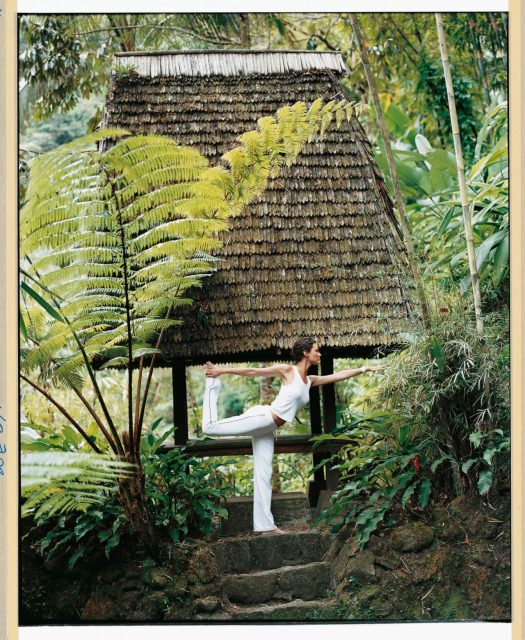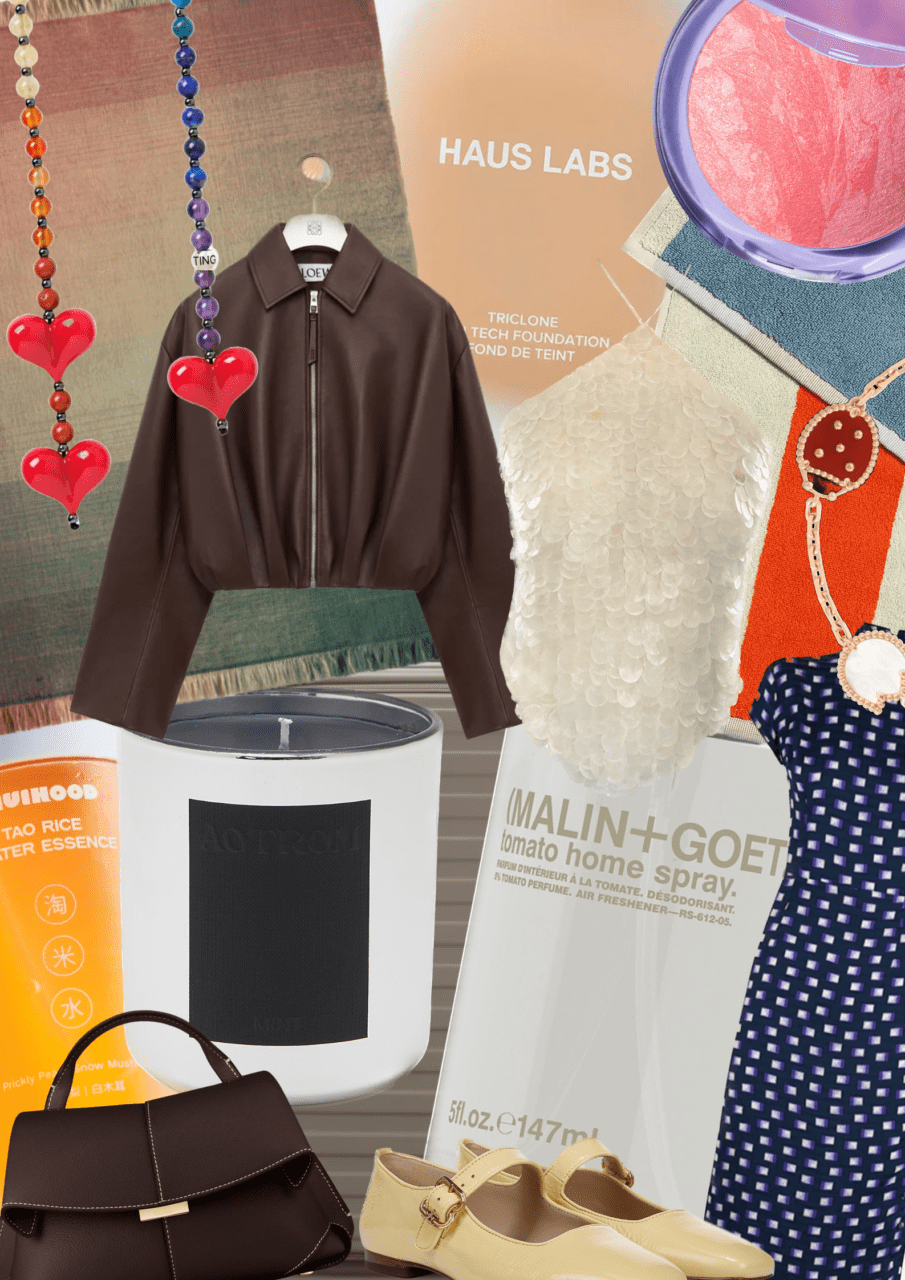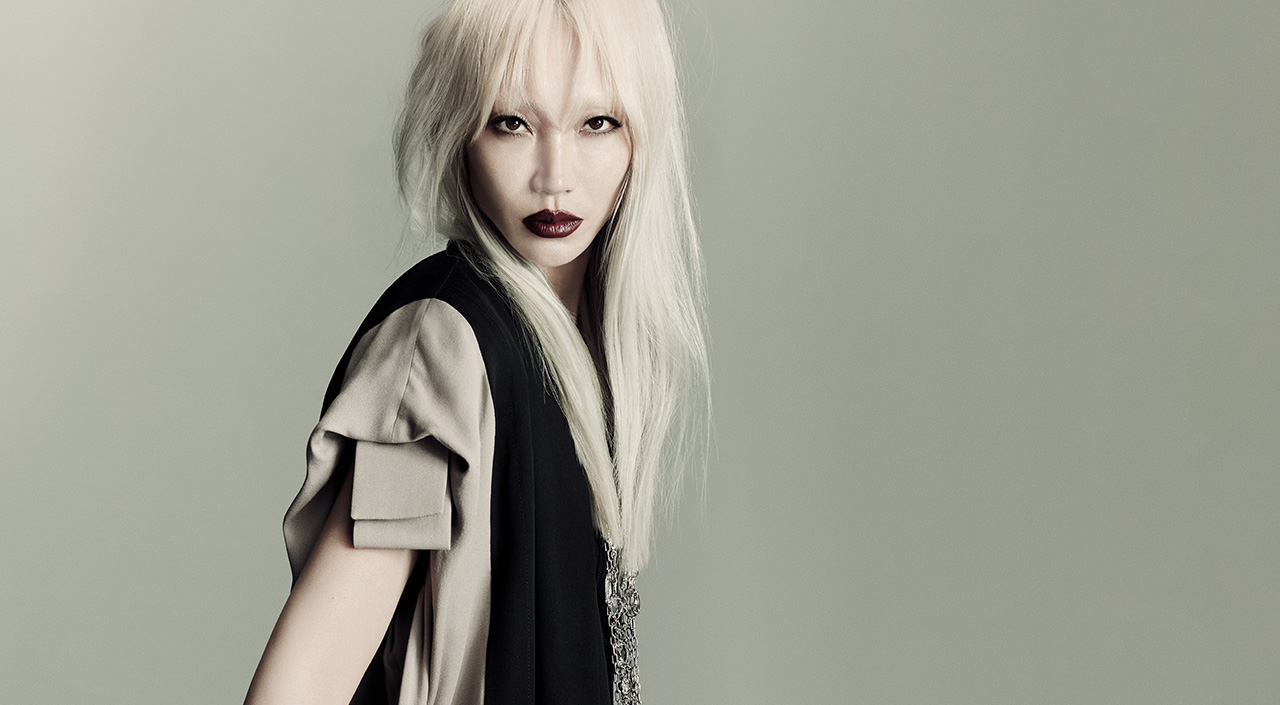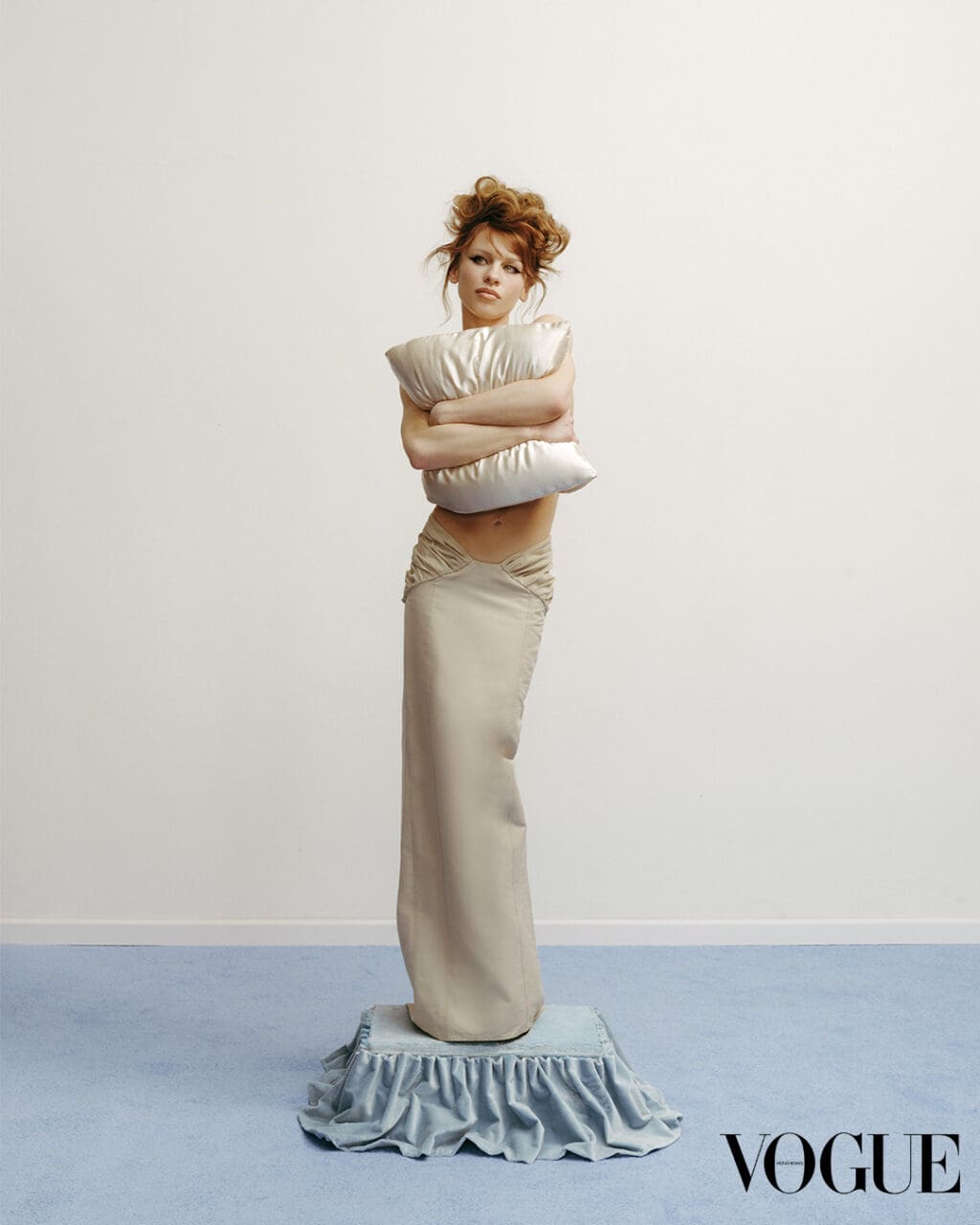During the first session of Vogue Global Conversations, British Vogue’s Edward Enninful hosted discussions with Marc Jacobs and Kenneth Ize. The designers, who are at different stages of their careers—Jacobs has been an industry mainstay since the 1990s, while Ize just had his Paris Fashion Week debut—presented different ideas about creativity amidst the coronavirus crisis and how the fashion industry might evolve post-pandemic.
“I work within a team, and it’s our daily interaction and it’s life that stimulates and provides a catalyst for what me and my team create each season. So I wouldn’t say this is the most creative place to be,” Jacobs began. “Creating isn’t done in a vacuum or a bubble. It might be done within the bubble of our fashion world, but it is the stimulation of the entire world that is the catalyst, that gives us the drive and the energy and the passion to create.”
Jacobs went on to explain that lockdowns and self-isolation present challenges for the way he and his team collaborate, doing fabric development in Italy and working together to build a collection. “Until we discover a new way to work, until we create a new way to work, or a new end goal to work towards, we really have nothing to do,” he said, emphasising the importance of finding new methods to design and produce fashion, and how he and his teams are rethinking the frameworks they operated within during the past. “To carry around the past probably isn’t the best way forward,” he said. “What I do and the clothes that I make and the way we present a show, it feels like that probably will never exist as we know it, the way we did it.”
For Kenneth Ize, who produces much of his collection with hand-weavers in his native Nigeria, continuing to be creative also means finding new methods of working. The designer recently designed a new loom that he has been distributing to his hand-weavers in villages in Nigeria. “It’s given us chances to see what we can do with the loom, how we can send this loom to our weavers’ houses, and how we can keep weaving from home,” Ize explained. “And [it’s allowed us to see] how we can take the advantage of implementing this into the community that we weave with. That’s been really exciting, and for me quite challenging as well.”
Because of the remote locations of some of his weavers, Ize has been communicating—and sometimes designing—through WhatsApp chats. “It’s interesting!” he said, adding, “We’re also thinking about how we can improve the community, how we can pass information out [using WhatsApp and social media]. It’s important to me to make sure we can pass information out [to our community].”
Both designers agreed that fashion shows must continue once the world starts to return to normal, though the form they take might be different from the shows we experience now. “The reality of a collection like [fall 2020] and the cost and the price of those clothes: it’s produced in such a small number at such a great expense. It’s always been something that is more, I think, about its halo effect. It’s done to inspire,” Jacobs said, explaining that his fall 2020 collection is not currently being produced and that he and his teams have not begun designing a spring 2021 collection.
“Fashion shows are very important. It’s very needed,” Ize added later in the conversation, detailing how bringing his garments to Paris and having a show helped expose him to new markets. “The [fashion] show moved our sales… Doing a show gives a comfort to the buyers and to the consumers that this product is going to stay, it’s meant to be here.”
Still, Jacobs thinks the show schedule could be amended to reflect a more thoughtful pace. “If anything, there should be two shows a year,” he said. “I think the amount of stuff we make, the quantity we make, and the amount of times it’s shown, it’s just so excessive.”
In the end, both designers insisted that even in dark times creativity can be a beacon. Ize says he’s using this time to rethink his digital strategy. “I think everyone is talking about how it’s important that we create content. The story behind everything is very important,” he said. “Creativity never stops, no way. It needs to keep moving. You have to find a way to do it. I believe the way forward is to just keep creating content and to use the spaces we have to tell our stories.”
Jacobs echoed that sentiment: “Creativity will never stop, it’s absolutely essential. Where would everyone be during this quarantine if they didn’t have books to read and movies to watch? I don’t know where I’d be if I didn’t have something to get dressed up for every day. It’s just vital to me, it’s as essential as anything else. […] Being creative and creativity are absolutely essential. It will always live.”
Sign up here for ‘The Future of E-Commerce’ with Vogue China’s Angelica Cheung, Off-White and Louis Vuitton Men’s Virgil Abloh, Farfetch and the British Fashion Council’s Stephanie Phair, and Moncler’s Remo Ruffini on 16 April at 9am EST / 2pm GMT / 9pm CST / 9pm HKT. Due to popular demand, this panel will also be streaming on YouTube here.
Sign up here for ‘The Future of Brick and Mortar’ with Vogue Italia and L’Uomo Vogue’s Emanuele Farneti, La Rinascente’s Vittorio Radice, Nordstrom’s Pete Nordstrom, and Tory Burch’s Pierre-Yves Roussel on 17 April at 9am EST / 2pm GMT / 9pm CST / 9pm HKT. Due to popular demand, this panel will also be streaming on YouTube here.
Editor
Steff Yotka





